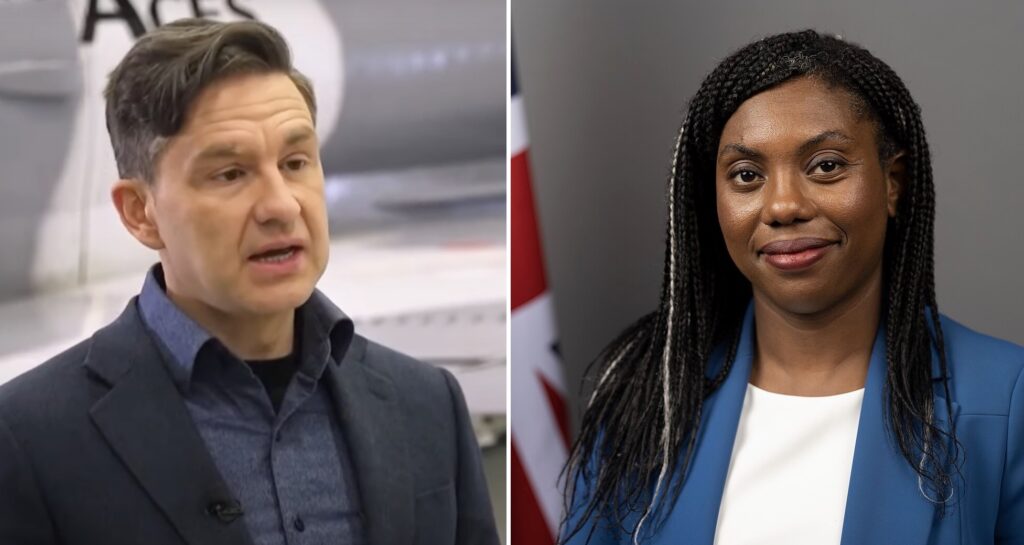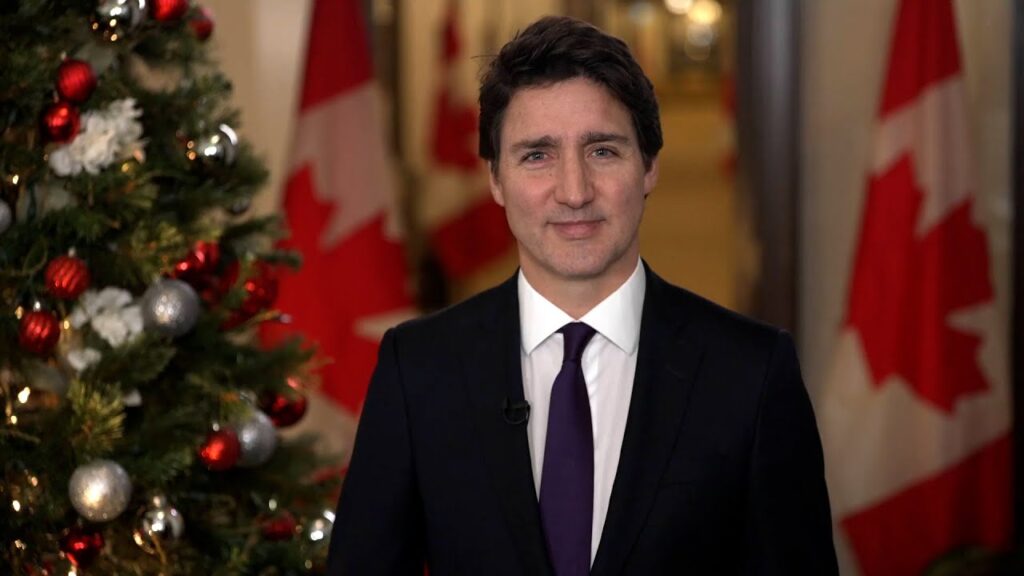The UN’s carbon offsetting scheme has become mired in yet more controversy after the panel overseeing the initiative suspended its third auditor in 15 months. The board of the Clean Development Mechanism (CDM) last week suspended Germany’s TUEV SUED and also partially suspended Korea Energy Management Corporation, after spot checks undertaken at their offices revealed procedural breaches. Both firms are recognised by the UN as so-called designated operational entities (DOEs) and provide official verification of emission reduction claims made by projects operating within the CDM. Emission reduction projects have to gain approval from DOEs before they can sell carbon credits under the scheme, making their auditing and verification role essential to the credibility of the scheme.
Subscribe to our newsletter
Stay up to date with DeSmog news and alerts






